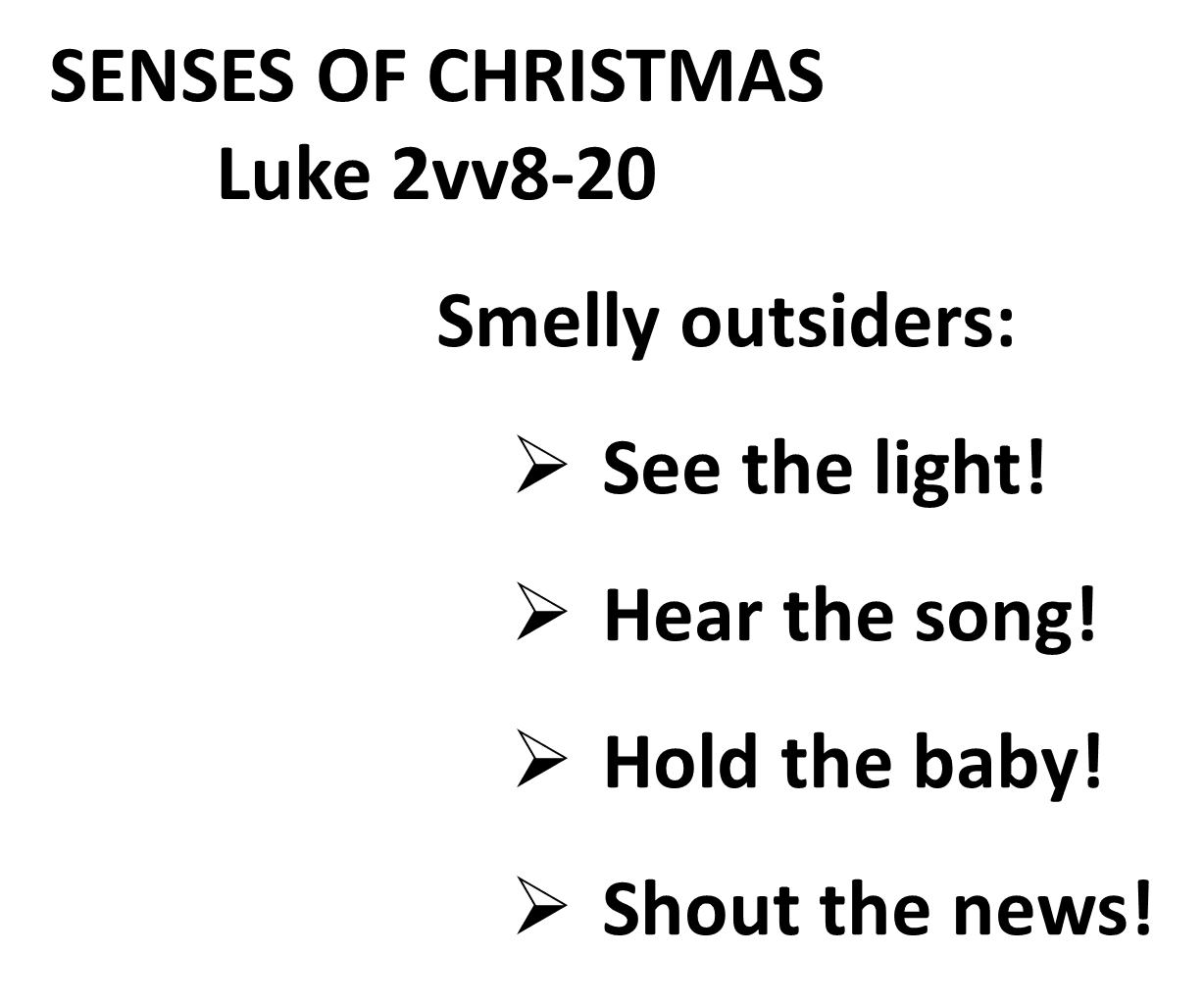If you’d like to read more in the coming year, some or
all of these might work for you:
Have several things on the go. Sometimes read what you
feel like reading. Have something light and fun and something more demanding.
Something that is pure relaxation. Something related to your work. Something
sacred and secular.
Read a little each day, even if you don’t feel like it.
Try reading at a set time each day, even if just for a
few minutes.
Always have something with you which you could read if
you have a few moments spare.
Read something demanding when you have the most capacity
(e.g. first thing after breakfast).
Find a space that works for you. Maybe you need to step
away from your desk / laptop. Perhaps if you don’t want to fall asleep reading
or you want to sleep in your bed, it’s not the ideal place for reading.
Read with a pen or pencil near by and mark the book /
write a few words in summary of each chapter. You might keep a piece of paper
in the book in case you want to write any notes.
Read with purpose / put your reading to use e.g. write a
short review, recommend a book.
Get recommendations.
Read book reviews. Sometimes this will make reading the
book itself unnecessary. Sometimes you will want to order if before you’ve
finished the review.
Consider logging your reading.
Reading out loud may help you grasp something
particularly dense and difficult.
Maybe read with others. Read the same book with friends
or family and talk about it. Join a book group.
For some reading, you might use a reading plan (a chapter
a day).
Try listening instead of reading. The play-back speed may
be adjustable.
Feel free to skim, skip or give up. Reading page one of a
book need not commit you to reading the next three hundred pages if it isn’t
working for you. Some books deserve to re-read and slowly savoured. Some are
not worth your time. Many are worth an hour or two and after that there are diminishing
returns. If you had eight books on your reading list for this week, how much
time would you spend with this one?
Sometimes a summary / guide / introduction can be of use.
Re-read something.
Read something new / outside your comfort zone / which
you wouldn’t normally choose.
Cut out things you don’t really enjoy / need / regret
which get in the way of reading. Maybe read less social media so as to read
some Bible or Shakespeare.






